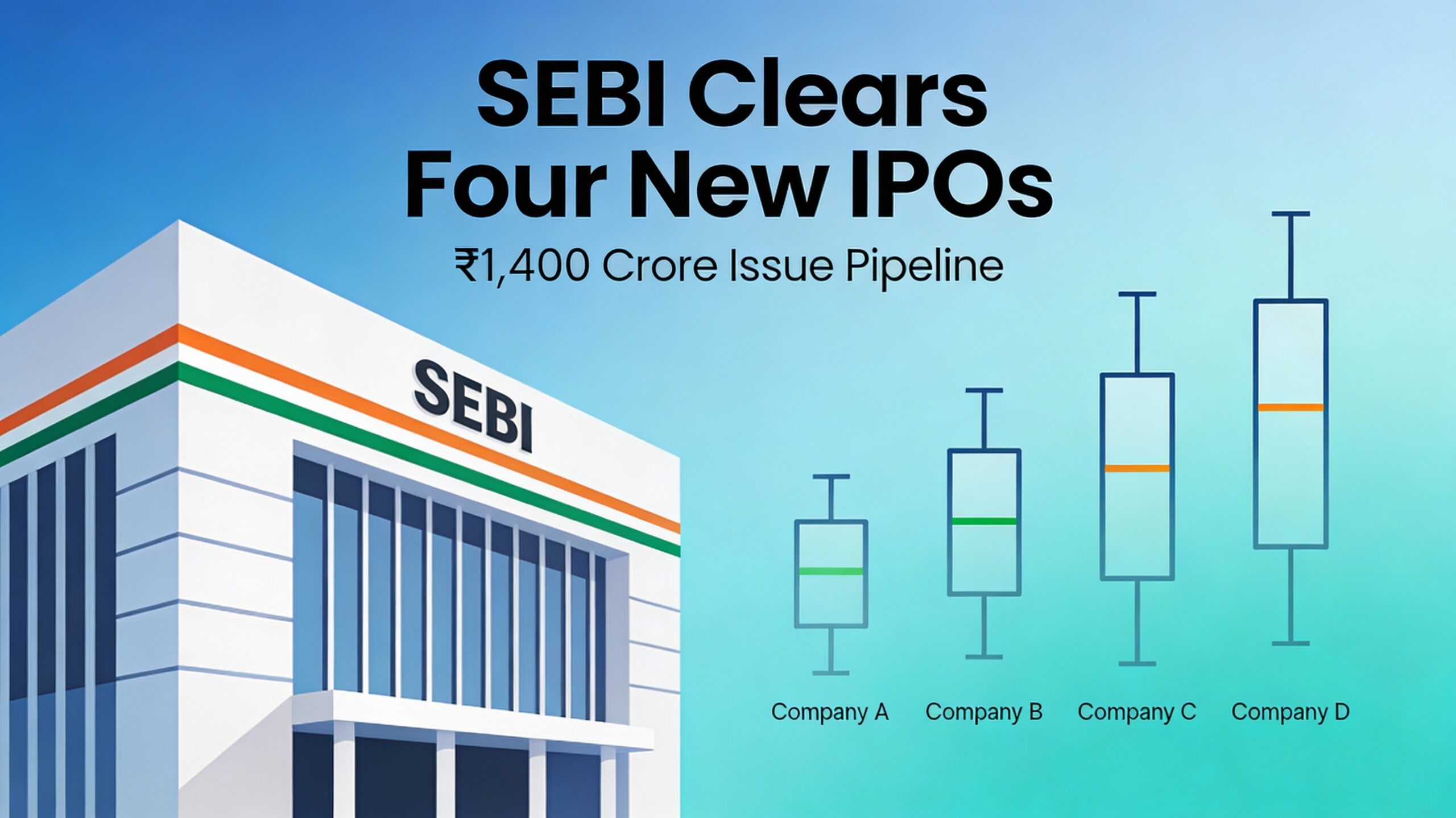In today’s dynamic financial landscape, investors encounter a plethora of choices in selecting optimal investment avenues. For affluent individuals seeking tailored and strategic investment solutions, the decision often revolves around three key options: portfolio management services (PMS), alternative investment funds (AIF), and mutual funds.
Understanding Mutual Funds
Mutual funds emerge as the simplest investment avenue among these three, appealing to both retail and high-net-worth investors alike. This is evident in the industry’s substantial Rs 51 lakh crore AUM and over Rs 1.5 lakh crore in SIPs. Managed by seasoned professionals, mutual funds offer a convenient route for investors to access diversified portfolios.
Advantages of Mutual Funds
Feature Rich: Mutual funds offer flexible investment options, including SIPs, Systematic Withdrawal Plans (SWP), and Systematic Transfer Plans (STP).
Heavily Regulated: Stringent regulations govern mutual fund activities in India, resulting in lower expense ratios (capped at 2.5 per cent), enhanced compliance (daily NAV and portfolio updates), and minimized market beta.
Liquidity: Mutual funds provide daily liquidity, enabling investors to buy or sell units at the NAV on any business day.
Returns from Mutual Funds
Mutual funds are broadly categorized into Small-Cap, Mid-Cap, and Large-Cap funds. While small-cap and mid-cap funds entail higher risk, they also promise higher returns compared to large-caps.
Insights into Portfolio Management Services (PMS)
PMS comprises two types: Discretionary and Non-discretionary. Non-discretionary PMS suits investors desiring control over their portfolios, while discretionary PMS is favored by those seeking professional management.
Advantages of PMS
Flexible Investment: PMS offer greater flexibility than mutual funds, allowing investment in any stock as per market conditions, holding AUM as pure cash during up-cycles, investing in derivatives, employing hedging strategies, and diversifying asset classes.
Returns: Despite higher risk and expense ratios, a study by PMS Bazaar indicates that 75 per cent of PMS have outperformed mutual funds over ten years.
Understanding Alternative Investment Funds (AIFs)
AIFs target individuals aiming to diversify their wealth beyond traditional instruments, offering returns independent of market movements. With a minimum investment requirement of Rs 1 crore, AIFs primarily attract affluent investors seeking long-term opportunities with higher risk tolerance.
Conclusion: Making Informed Choices
In conclusion, each investment product serves distinct purposes, making it challenging to select the most suitable option solely based on an investor’s corpus, age, or profession. Optimal decision-making necessitates a thorough analysis of one’s entire investment portfolio, financial objectives, and risk tolerance. Seeking guidance from wealth advisors before committing to long-term, risk-bearing investments is highly recommended.















